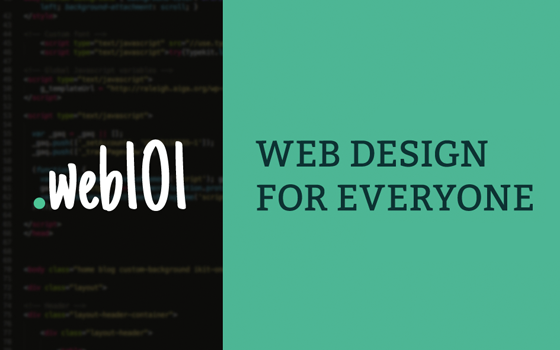
I am just finishing up reading Blown to Bits: How the New Economics of Information Transforms Strategy by Philip Evans and Thomas S. Wurster, which, written in 2000, was an exploration of how new methods of information delivery and interaction were eliminating the traditional business strategic distinctions between richness and reach. Evans and Wurster expected the internet to level the playing field, at least for a time, of competition in capitalist markets. Of course, we know now that they were right. However, a passage early in the text has got me thinking that they probably discounted something pretty important. First, read these paragraphs in which the authors draw a distinction between the economics of things and information:
“The pure economics of a physical ‘thing’ and the pure economics of a piece of information are fundamentally different. When a thing is sold, the seller ceases to own it; when an idea, a tune, or a blueprint is sold, the seller still possesses it and could possibly sell it again. Information can be replicated at almost zero cost without limit; things can be replicated only through the expense of manufacture. Things wear out: their performance deteriorates with wear and tear; information never wears out, although it can become unfashionable, obsolete, or simply untrue. A thing exists in a location and therefore a unique legal jurisdiction; information (as would-be censors and tax authorities are discovering) is nowhere and everywhere.
Some things are subject to diminishing returns: doubling farm labor does not double the output from the land. Some things are subject to increasing returns: big factories have lower unit costs than small factories. Information has perfectly increasing returns: spend the money to learn something once, and that knowledge can be reused at zero additional cost forever; double the number of uses and the cost per use halves.”
Notice how Evans and Wurster state that “information has perfectly increasing returns.” I think that today, after 8 years of significant growth and influence of internet technology, this can only really be stated in principle. Sure, information is free, but only in a vacuum. In other words, information is free as long as nobody has to communicate it. See, the conveyance of information may not require much in the way of corporeal resources, at least not in comparison to manufacturing, but it does require time. Time, as our current economy makes quite plain, is not free.
Even if information is conveyed perfectly, it takes time/money to do, so one may invest in learning something once, but reusing that information will certainly come at a cost. This is true even of volunteer efforts. Wikipedia, for example, is propped up by thousands of dedicated lay-scholars, who donate their time (and money, separately) to bring value to the site by writing and editing articles. They may be doing this in their “free” time, but they are using computers they’ve paid for, electricity they pay for, bandwidth they pay for, etc. all the while. Information may have its own economics, but that current runs in the midst of a traditional economy of things- especially those commodities we may no longer have the luxury of taking for granted as we have for the past two decades.
P.S. I found the following back-cover endorsement rather ironic:
“In the new economics of information, industries will be deconstructed, but not destroyed; corporations will not become obsolete, but their present business definitions will. Blown to Bits is useful reading for those who want to understand and apply the new sources of competitive advantage.”
– Jacques Nasser, President, Ford Motor Company


